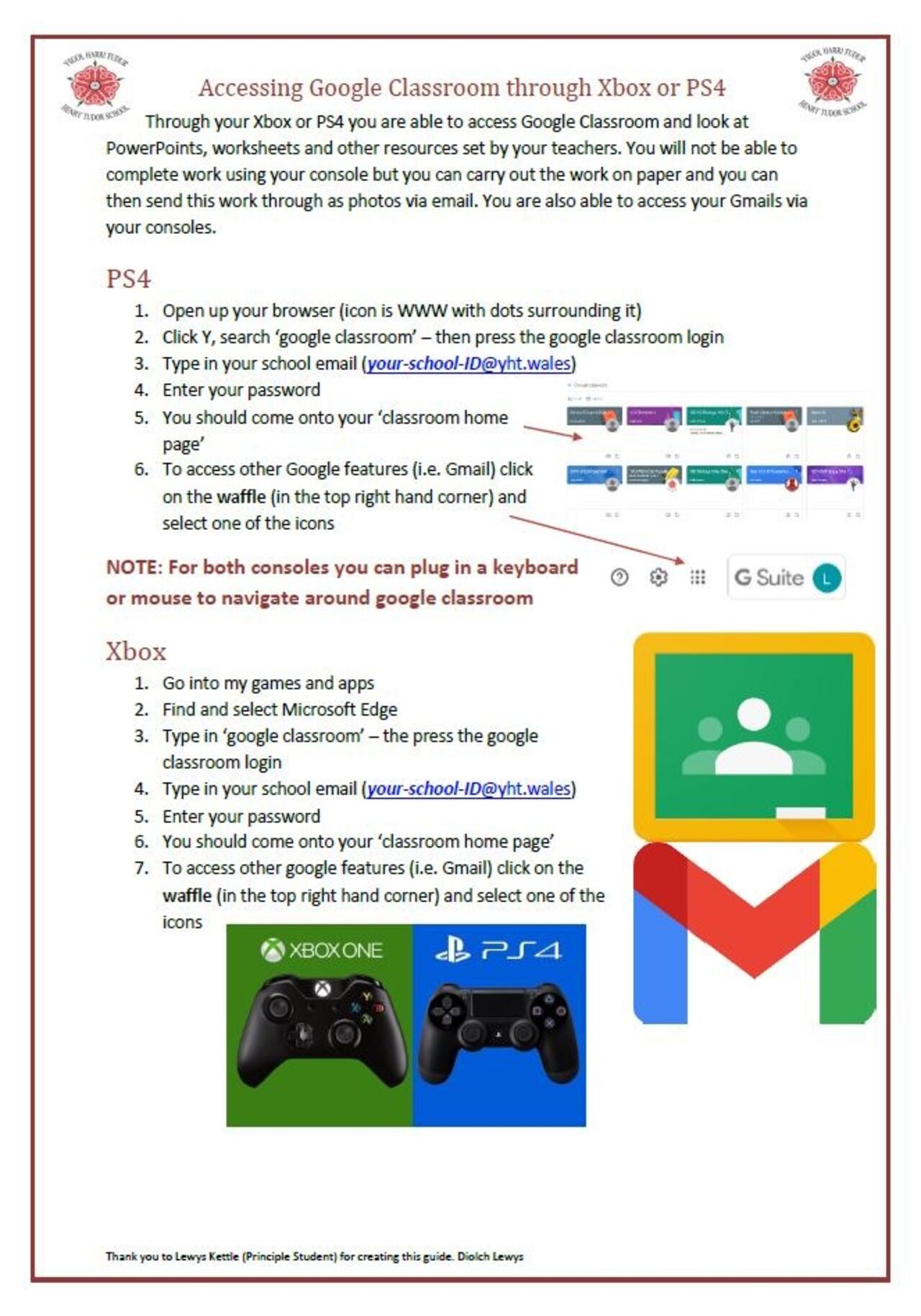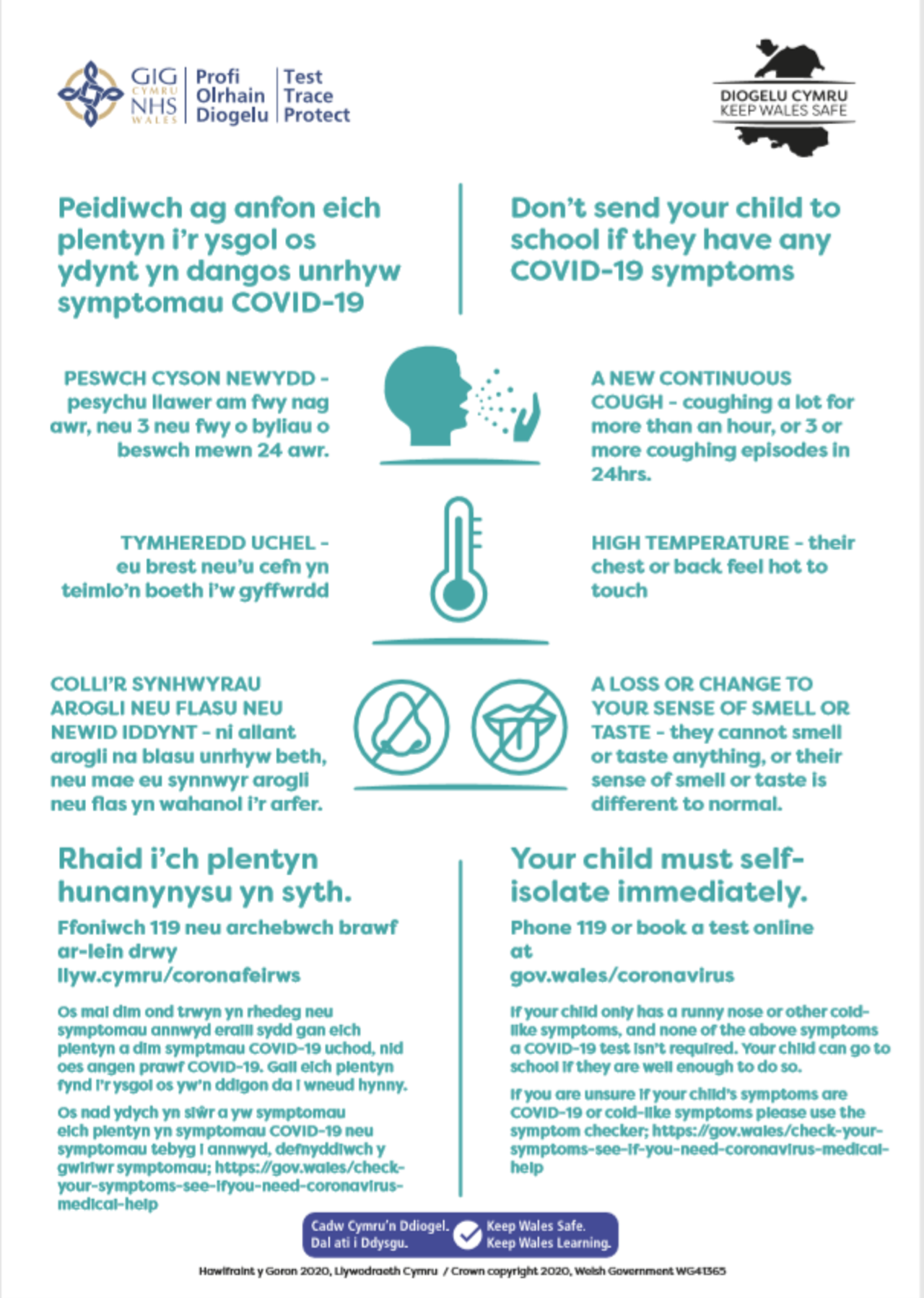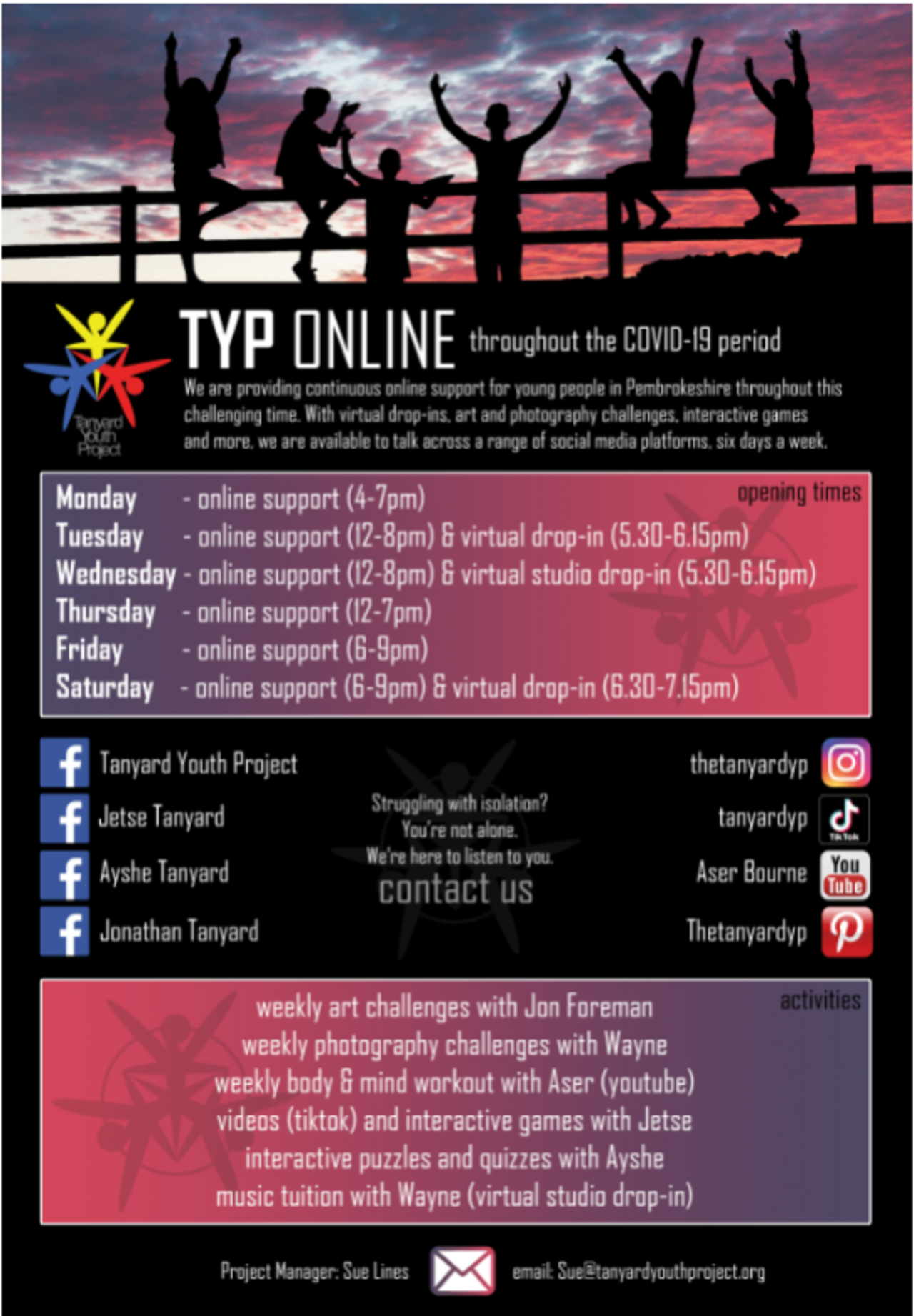-
Home
-
General Information
-
-
Curriculum
-
NEW CURRICULUM FOR WALES
-
Faculties
-
Support for Learning
-
-
-
-
- Parents
-
Learners
-
General Info for Learners
-
Year 7
-
Year 8
-
Year 9
-
Year 10
-
Year 11
-
Sixth Form
-
-
Wellbeing
-
-
Library
-
-
Correspondence
-
-
-
Tudor Times
- Tudor Times March 2024 Edition
- Tudor Times May 2023 Edition
- Tudor Times April 2023 Edition
- Tudor Times February 2023 Edition
- Tudor Times October 2022 Edition
- Tudor Times December 2022 Edition
- Tudor Times July 2022 Edition
- Tudor Times April 2022 Edition
- Tudor Times February 2022 Edition
- Tudor Times December 2021 Edition
-
Newsdesk
Parking, Drop Off and Pick Up and Access onto the Campus –
All drivers are requested to park in designated parking places and not on verges or non-designated areas. Wherever possible please use the Main Car Park. Read More…
Social Media – Ysgol Harri Tudur on Twitter
The school now has its own twitter account to promote important news and events as well as sharing celebrations of our learner's achievements. Please follow us on Twitter @YsgolHarriTudur. More detailed information can always be found on our school website www.yht.wales and also via the Ysgol Harri Tudur app. Please continue to get in touch with us in the usual ways. Read More…
School Site – Parking and Dropping Off/Picking Up
All drivers are requested to use the designated Drop Off/Pick Up and parking sites whilst on the school site. Read More…
Sport Pembrokeshire – FREE Multi-Sport Sessions
Sport Pembrokeshire are offering two FREE multi-sport sessions on Fridays at Pembroke leisure centre in the sports hall for Primary children. Read More…
Please be aware of the notification below received from the Local Authority. Read More…
The Friends of the School will be renewing the 100 Club monthly draw from Apr 24. Each number costs £12 per year and the monthly prize is a minimum of £20. This is but one of a number of fund raising activities which allows the Friends to support a range of events and activities across all year groups. Read More…
Update - Campus Traffic Management Works – Morgan Sindell and Welsh Water
The trenching work will commence on 11 Mar 24 by Welsh Water on behalf of the new Welsh primary school being built by Morgan Sindell. The responsibility to provide access, both vehicle and pedestrian, falls to Welsh Water and whilst there may be some disruption it should be minimal. There will be a period when the road from the Phoenix Centre to the junction by Glan-y-Mor will be closed. Read More…
Latest Tweets
Top Links
- Tudor Times March 2024 Editionarrow_right
- 6th Form Options Informationarrow_right
- Year 10&11 Revision Supportarrow_right
- Black History Montharrow_right
- Siarter Iaitharrow_right
- KS4 Optionsarrow_right
- Year 6 - 7 Transitionarrow_right
- Student Support and Well-beingarrow_right
- Digital Learningarrow_right
- ALN Transformationarrow_right
- School Gateway App Supportarrow_right



